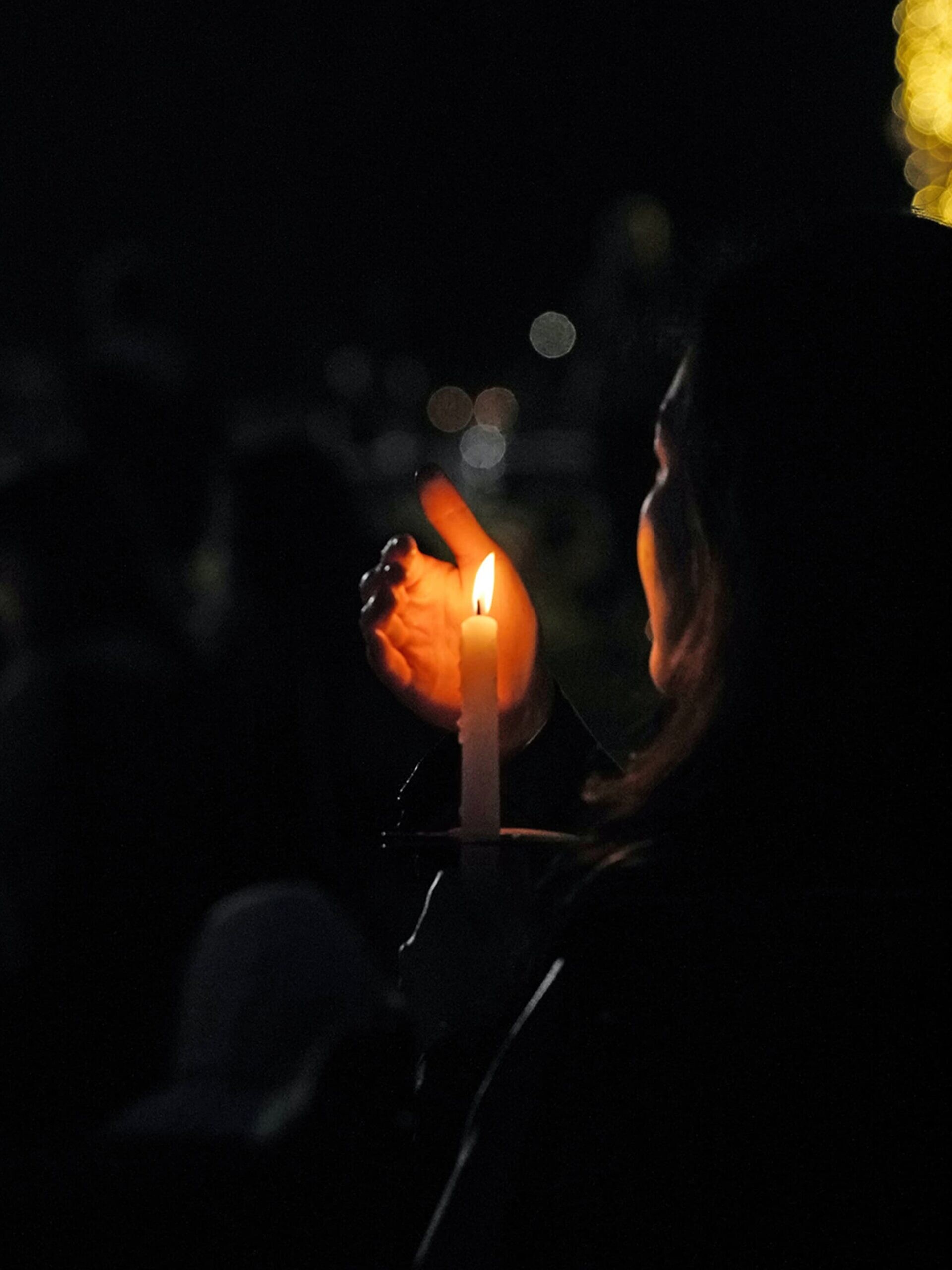Our Need for Love- Genesis 16 and 21
Though there are some moments in life that we wouldn’t trade for anything, there are undoubtedly others we would give up or trade in a heartbeat. Excruciating experiences on body, mind, and soul from which recovery becomes its own long and painful process, if it ever happens at all.
Hagar could share a lifetime of experiences like those. If her life could be summed up in a single word, perhaps that word is unloved.
Hagar was a slave—by definition, not the master of her own life, let alone her destiny. She was the slave of a couple named Abraham and Sarah, who were wealthy, elderly, and childless.
Through circumstances out of her control, Hagar was forced to have sex with Abraham because Abraham and Sarah couldn’t conceive the children they so desperately wanted on their own. Sarah and Abraham saw Hagar as a tool. A body and a womb to be used for their own purposes. We don’t know how long it took for her to become pregnant by Abraham, but it’s plausible that Hagar had to endure days, weeks, or more of her body being used. It isn’t hard to imagine why, when she became pregnant, she “despised” her mistress.
She gave birth to a son, Ishmael. A son who would be the first-born heir to all that Abraham had. There’s never a justification for abuse, but perhaps the knowledge that all that belonged to Abraham and Sarah would be her son’s (and, by extension, hers), at least offered hope for the future. Until Isaac.
Defying biological odds, Sarah became pregnant herself. Her growing womb would change everything for Hagar and Ishmael.
With the arrival of an heir born of both biological parents, Hagar and Ishmael became interlopers, thieves, a threat. In Sarah’s mind, threats are not people; threats are not sons; they are issues to be dealt with. And so, they were.
Like an obsolete tool that has been replaced by something newer, Hagar and Ishmael were no longer useful, so they were discarded. Though Abraham struggled with the decision, he still sent the boy and his mother away. Hagar was unvalued, unwanted, and unloved.
But not by God. God saw her and the son she loved and loved them both. Hagar wasn’t loved by the people in her life, but she and Ishmael sipped the refreshing love of God. A love that God poured out fully when his son was born. Jesus came to offer the love of God to all.
We all want to be loved.
God’s Provision of Love – Luke 7:36–50
Sympathy has its advantages over empathy. Both exhibit care for the life and situation of another person, but empathy requires that you’ve experienced the same circumstances yourself, and it’s usually not something we really want to have gone through. It’s often easier, and experientially better, for us to remain sympathetic rather than empathetic.
But there are times when even sympathy is difficult. Not because we don’t care, but because the suffering of another is so far outside of our experience that even saying, “I’m sorry,” or “I hurt for you” doesn’t sound right. We have no legitimate or reliable frame of reference for what the person is going through. Call it privilege or a blessed life, or something else. There are some things that are difficult to even imagine someone else experiencing.
The woman whose tears fell in such abundance that they cut through the day’s worth of dust caked on Jesus’s feet might fall into this category. It’s probably difficult to relate to many aspects of her life. Why had she lived a life of sin? Was it her choice, or did she have no other options? We can say she didn’t enjoy her life; it wasn’t fulfilling, healthy, or satisfying. To many, she was likely a tool to be used and tossed aside—just like Hagar.
We aren’t given her name nor exactly her profession, although it’s not a difficult extrapolation. We only really know that she was broken and needed to get close to Jesus.
As a sinful woman, the last place she belonged or was wanted was in the house of a Pharisee. These two characters represented opposite ends of the spectrum, socially, and even in some respects spiritually—rule follower and rule breaker. From the outside, one was close to God while the other couldn’t be further away.
She didn’t belong in Simon’s house. She knew it. Simon certainly knew it. Jesus knew it. Yet something strange happened: No one asked her to leave, forcibly or otherwise. Everyone let her stay and go about her business . . . weeping over Jesus’s feet and wiping them with her hair. There are few more humble actions than taking the filth and dirt of someone else onto yourself, and not just your clothes, but on your very person.
As everyone watched, each with their own thoughts about the two people in front of them, Jesus told a story. It was a story of two people, both in relationship to a third. The crux of the story is that one had reason to love the third more than the other. Of course, it was an analogy to the woman and to Simon in their relationships to Jesus. The woman had far more reason to love Jesus, and she demonstrated that love for Jesus through actions that Simon should have shown as an act of common courtesy.
Here’s the deal. None of this would’ve happened if Jesus had seen her as the others saw her. Jesus did not see the past or the present. He saw her, and he loved her because she was a child of God. Jesus allowed the untouchable to touch him. He allowed the unclean to wash his feet. He acknowledged her approach, validated her presence, and valued her life simply by accepting her.
He loved her as none of the others in her life had or would. He loved her not because of what she could give, but because she was worthy of love. And she, in turn, loved because she knew that she had much in her life that “disqualified” her from being loved.
We all want to be loved unconditionally. We know that we’re going to make mistakes, and sometimes big mistakes. But we want to know that someone loves us and wants us close, even when we do things that make us unlovable. That’s the love Jesus offers. Jesus loves when no one else does. Jesus loves despite the reasons others find us unlovable. He wants us; he values us; he loves us.
This is the hope of the Advent season: the unconditional love of a savior. The love God showed the used and abused outcast Hagar in Genesis, is the love Jesus offers both to this woman and to us.
Adapted for Reclaim Today from Preparing for the Coming of Jesus: The Hope, Peace, Joy, and Love of Advent
J.R. Hudberg is a writer and editor who lives in Grand Rapids, MI with his wife and their two sons. Together they enjoy exploring the outdoors in as many ways as possible.







